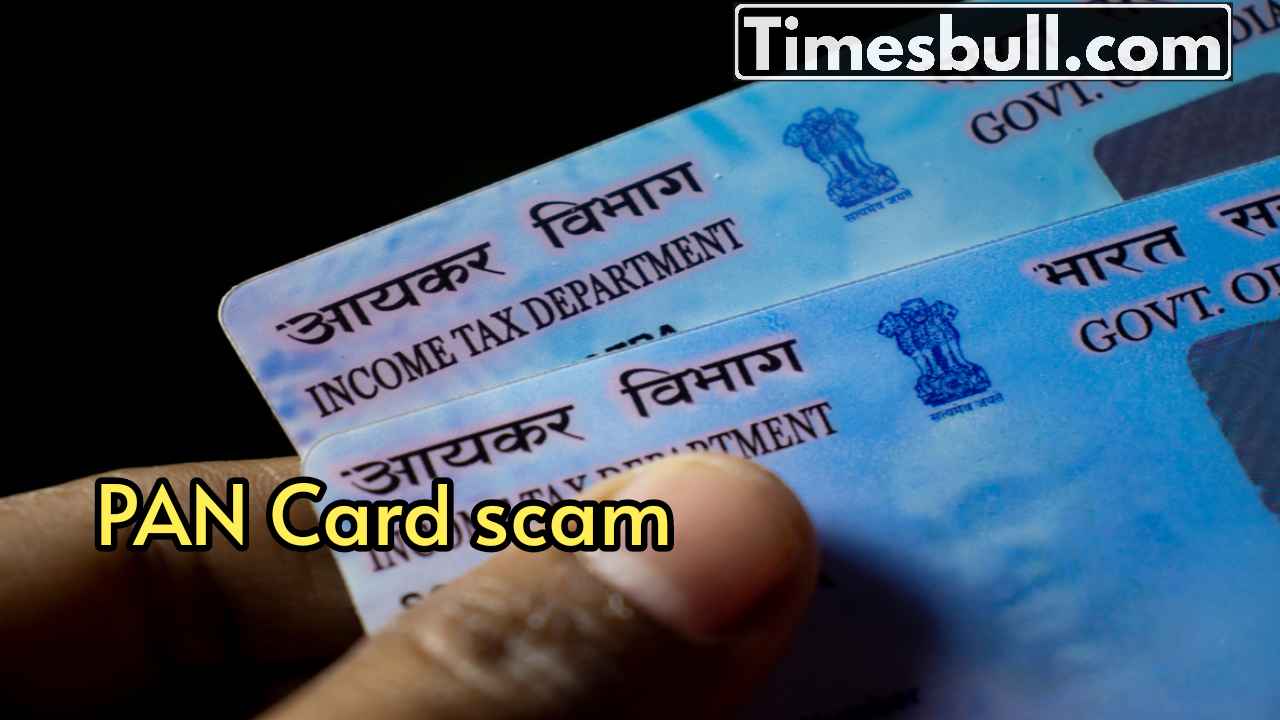e-PAN Card: Big news for PAN card holders. Cyber criminals are adopting new methods to target people. Now they have started fraud in the name of e-PAN download . Many people are getting such emails in which they are being asked to download e-PAN. A link is coming in the email, clicking on which can get you trapped. This information has been given by the government itself. People have been asked to be alert. Clicking on the link can cause financial loss, that is, you can lose your savings. Such emails come under the category of phishing emails, whose purpose is to cause financial loss to people.
What is the matter of e-PAN card download
PIB Facts has stated in its latest post that nowadays many people are receiving such emails in which they are being asked to click on a link to download e-PAN card. It has been told that such emails are completely fake. People have been asked to check the email ID of the sender which does not seem to be connected to any government department.
People have been advised not to click on any link sent through suspicious emails. If there is any download attachment, it should also not be opened. One should not reply to such emails and should avoid responding to any kind of call or SMS. If any mistake happens, your financial information can be stolen.
From where you can download the e-PAN card?
If you want to download e- PAN card , then there are two main websites for it, NSDL and UTIITSL. Out of the two, the website from which you get the PAN card issued, the e-PAN card can be downloaded by visiting that website. Experts say that PAN card is a very sensitive document, so one needs to be cautious about it.
What are phishing mails
Cases of cyber fraud are constantly coming to light. The special thing is that criminals are inventing new ways to defraud people. They are targeting people through WhatsApp, email etc. In most cases, people are targeted through links or phishing mails. Phishing mails are sent by a person or a group and an attempt is made to steal people’s personal information or confidential data. Phishing mails are usually sent to steal money, install malware or steal someone’s important documents.
🚨 Scam alert !!
📢Have you received an email asking you to click on a link to download your e-PAN Card?
❌ This email is #Fake
❌ Check the sender email id. Never click on any link in suspicious emails and avoid downloading any attachments.
❌ Do not… pic.twitter.com/on157GKM49
— PIB Fact Check (@PIBFactCheck) April 10, 2025


